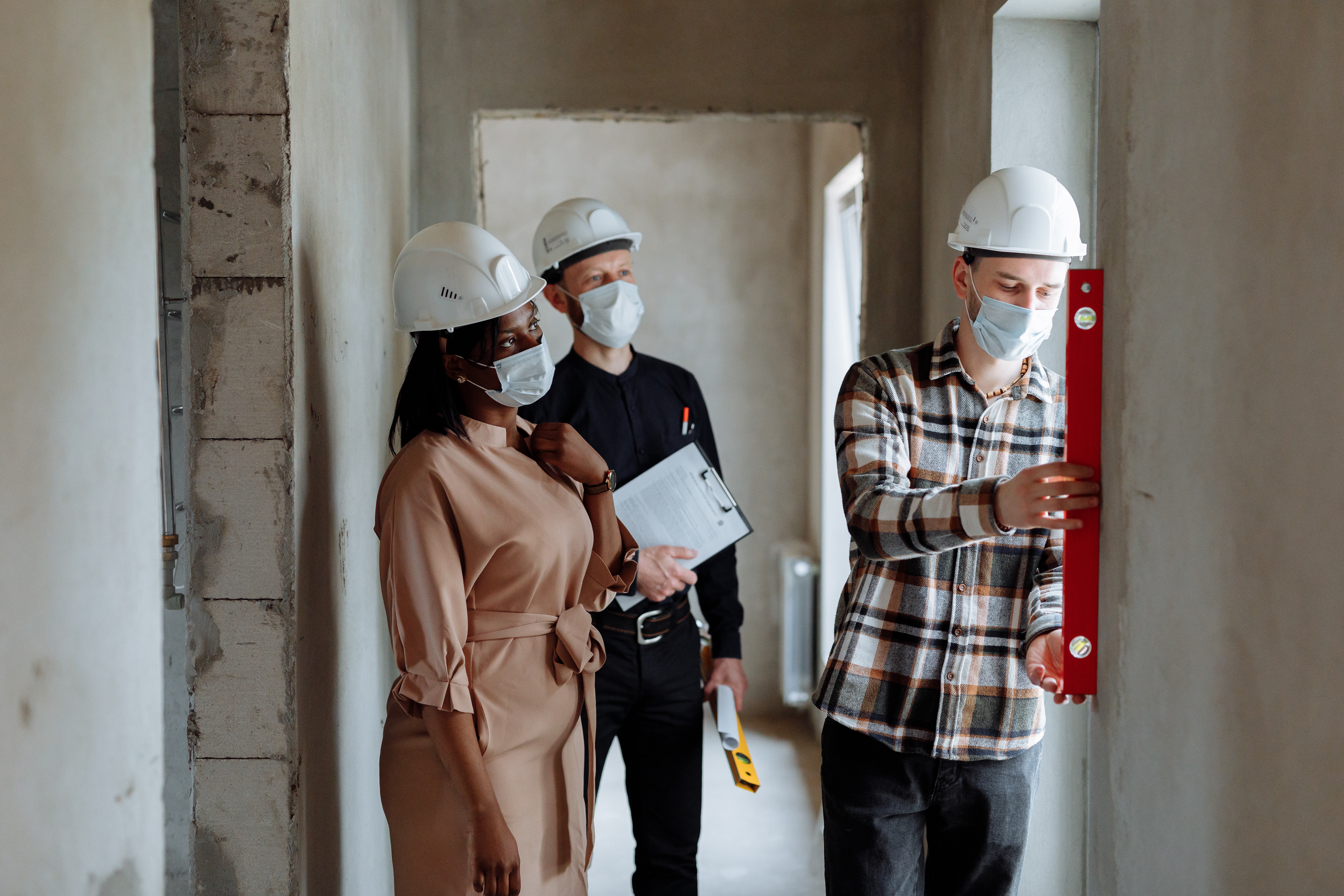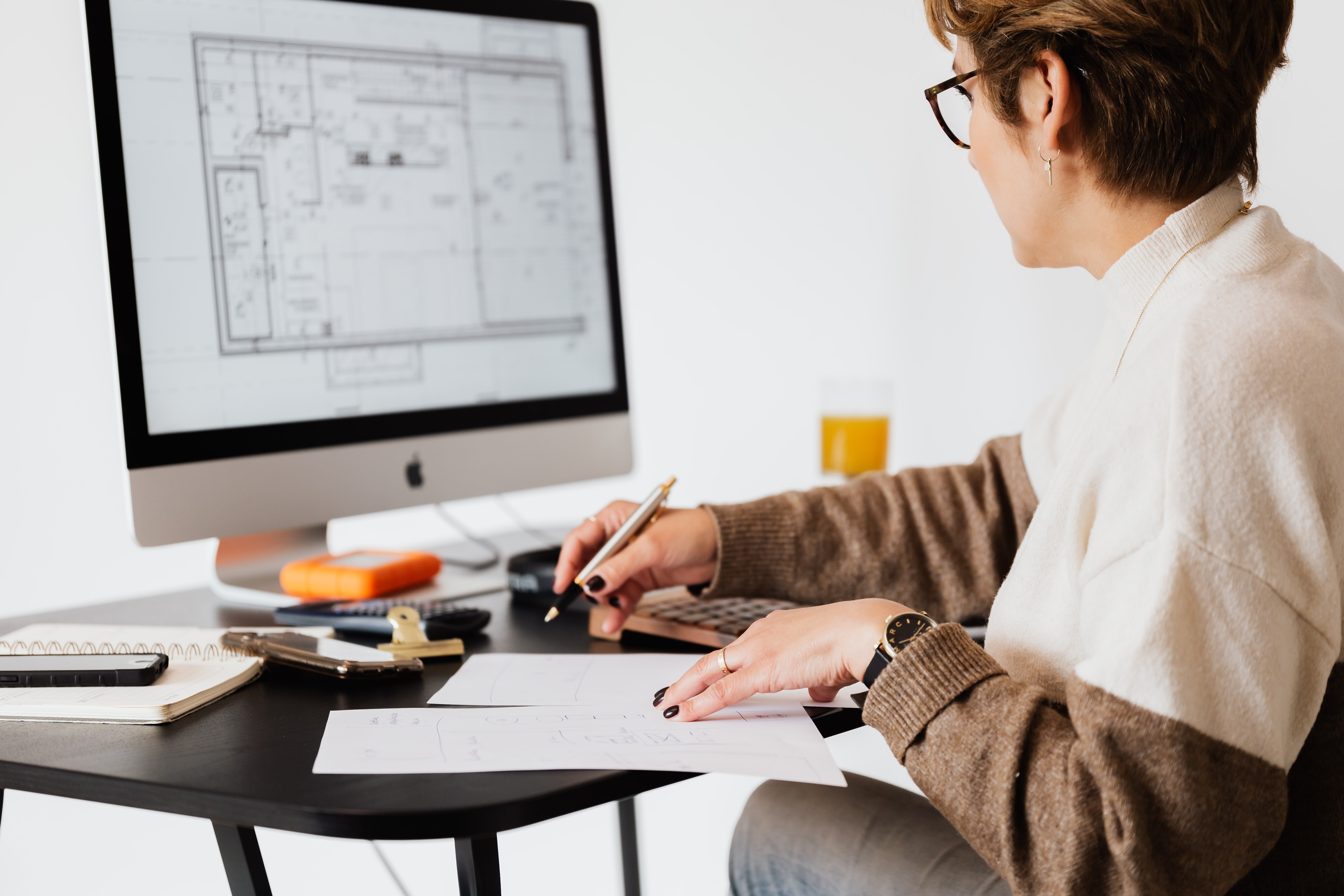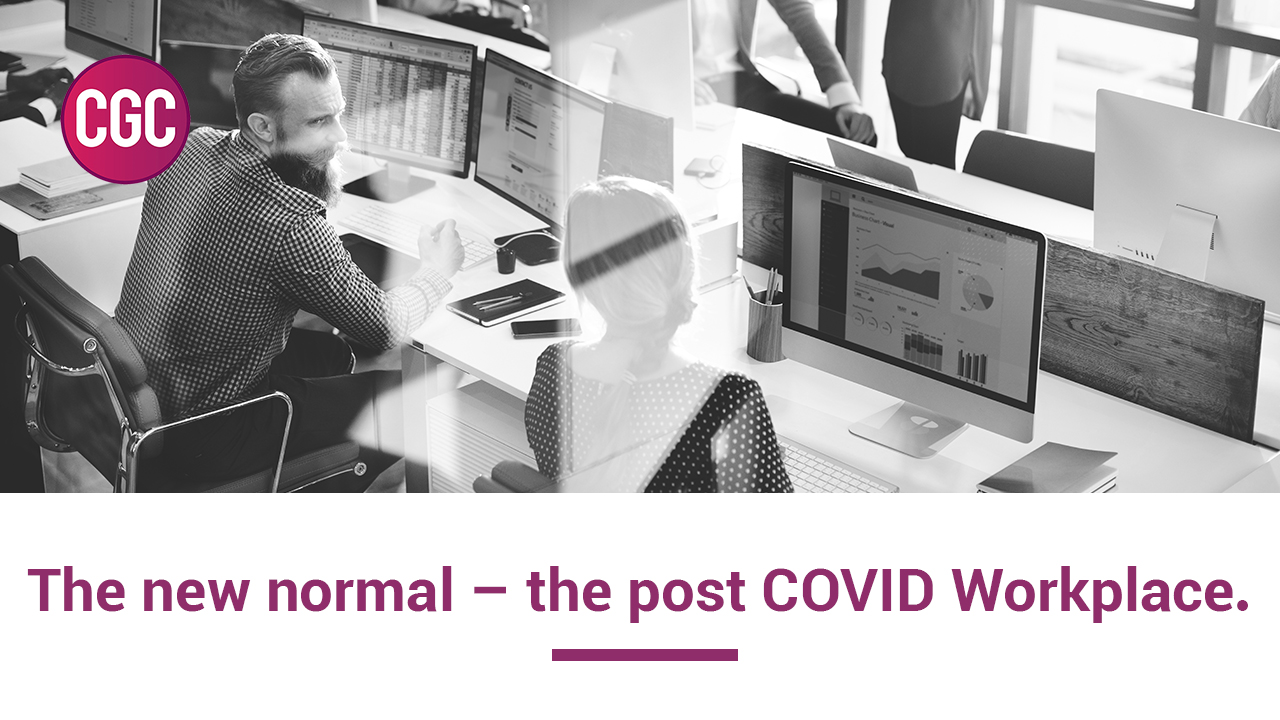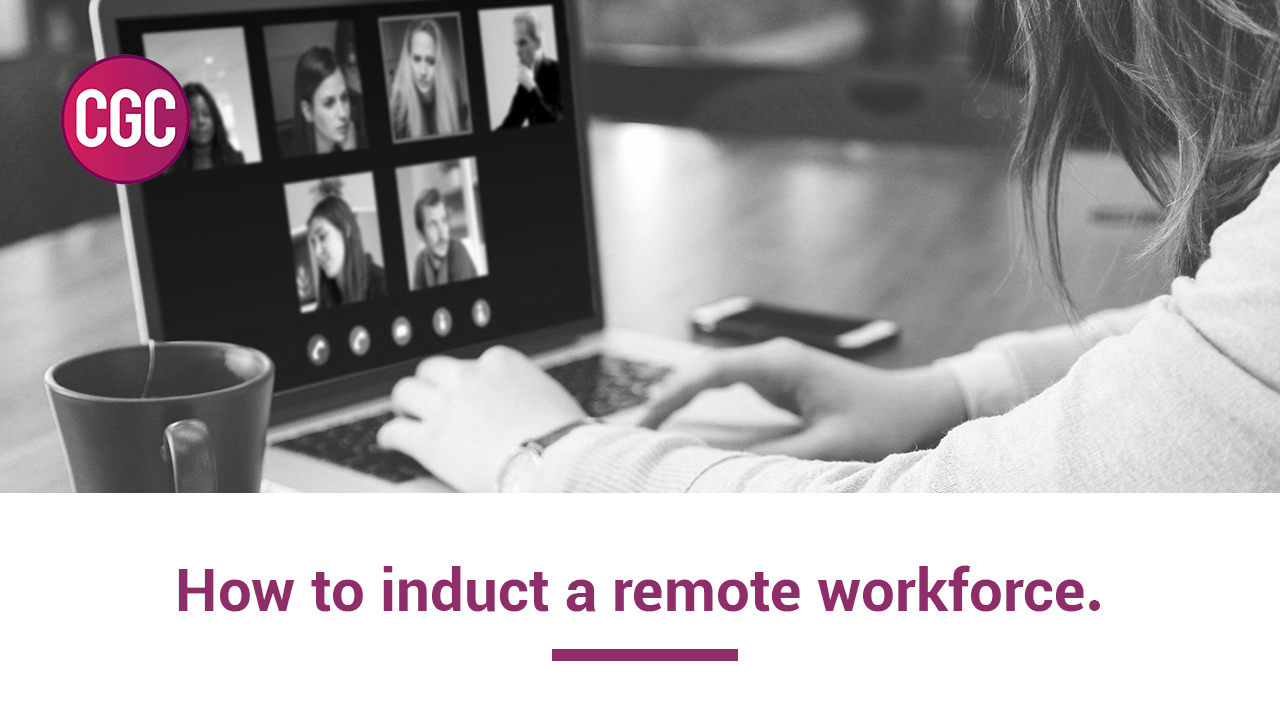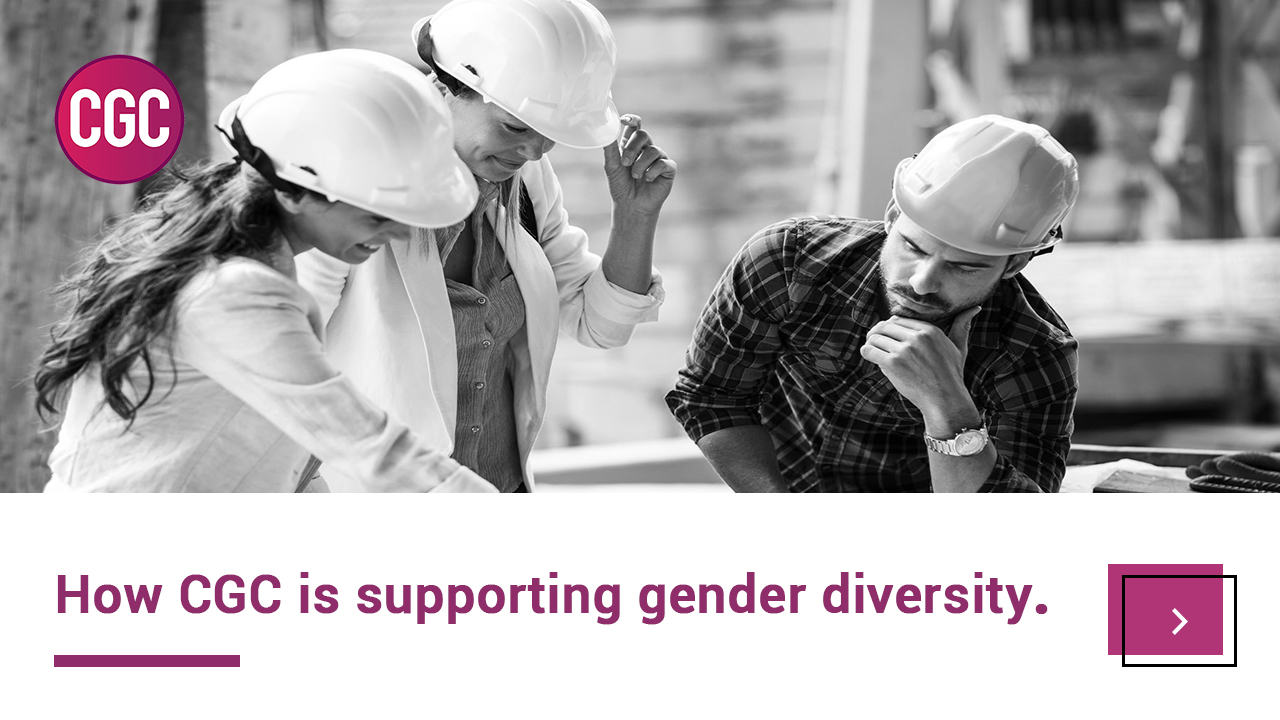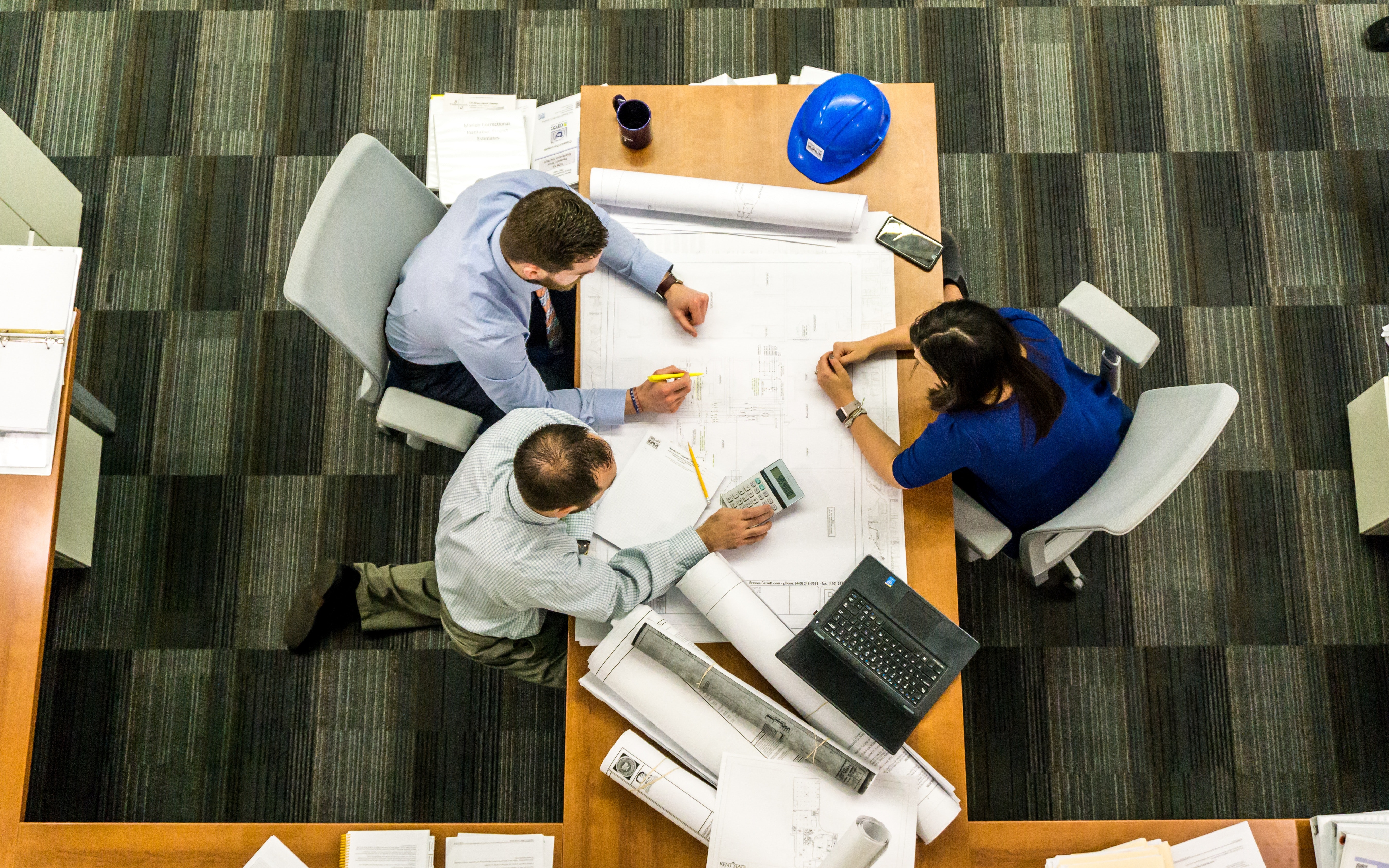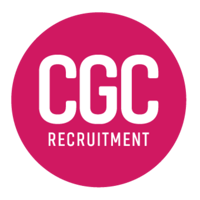The future of work with hybrid workplaces
Research has found three-quarters of organisations expect 30% of their employees to work remotely, with more than a quarter expecting over 70% of staff to work remotely in the future.
The future of the workplace is becoming increasingly ‘employee-centric’, with the global pandemic forcing traditional work setups to shift to hybrid and work-from-home models. It’s clear in this modern age, flexibility is no longer a benefit but a necessity.
Consequently, it’s time for organisations to ensure employee sentiment is embraced in the workplace. They need to redefine and refine their approach to adapt to this new landscape, replicating social connections and collaborations employees would otherwise find in a face to face environment.
This involves providing flexibility and exploring ways to create value will ensure employee satisfaction, productivity, and well-being.

How has the hybrid workplace changed the office?
Moving to a hybrid workplace has meant architects and interior designers have needed to rethink the design and set up of the office.
Rigid traditional social and physical structures are a thing of the past. We’re heading towards design trends of more adaptable designs, and communal areas to foster teamwork, creativity, with areas to replenish a sense of connection lost during the pandemic.
Refigurations in the office now include:
- common areas for break out sessions to encourage collaboration
- hot desks
- rooms equipped with new technology for videoconferencing with remote workers
- quiet zones
Technology is also being utilised to promote health and wellness within the office. Touchless technology to replace buttons and handles, and face recognition to replace swipe cards are gaining in popularity in office design.
The benefits of a hybrid workplace
The rapid shift in the workplace has created many challenges for organisations.
Many employers are now scrambling to implement strategies to maintain productivity and adapt to an evolving company culture.
However, when planned carefully and strategically, combining remote work and office work can provide many benefits for organisations and employees:
The importance of identifying drivers of productivity
Lynda Gratton, a professor of management practice at the London Business School, believes it’s imperative to maintain and build engagement in hybrid workplaces for employees and employers. When allocating jobs and tasks, managers need to identify the critical drivers of productivity.
“There are some jobs for which focus is a primary productivity driver – where working from home allows employees to focus entirely on the task at hand with minimal disruptions.” Other jobs, she explains, are more collaborative driven. This is a situation where the physical office may be more suitable for teamwork.
For a successful hybrid work arrangement, leaders need to create a context of place and time which supports - rather than depletes - productivity. Working in an office encourages idea sharing and cooperation, however can deplete energy if it involves a long commute and hours sitting at a desk.
In summary
The hybrid work environment may not work for all organisations. For example, the construction and infrastructure sector requires physical on-site workers to function.
However, this type of workplace model satisfies the inherent need for autonomy, flexibility, and face to face communication. It also offers the best solution for organisations wishing to successfully adapt in this post pandemic world.
The future of work is clearly flexible and hybrid, giving employees what they’ve been asking for - a healthier work-life balance, improved mental health, and employee satisfaction.
About CGC Recruitment
Are you ready to take control of your recruitment strategy?
CGC Recruitment is a specialist construction, infrastructure, engineering, and architecture recruitment consultancy. We view our clients as our partners and work closely with them to meet their business needs. We work with some of Australia’s largest construction brands through to specialist SMEs and boutique consultants. We have proven experience delivering permanent, contract and retained recruitment solutions, consistently providing the right candidates for the right roles at the right time.
If you have an active role you’d like to discuss or just want to talk to a specialist consultant, please contact us. Alternatively, you can complete our online client form and a member of our team will contact you.
